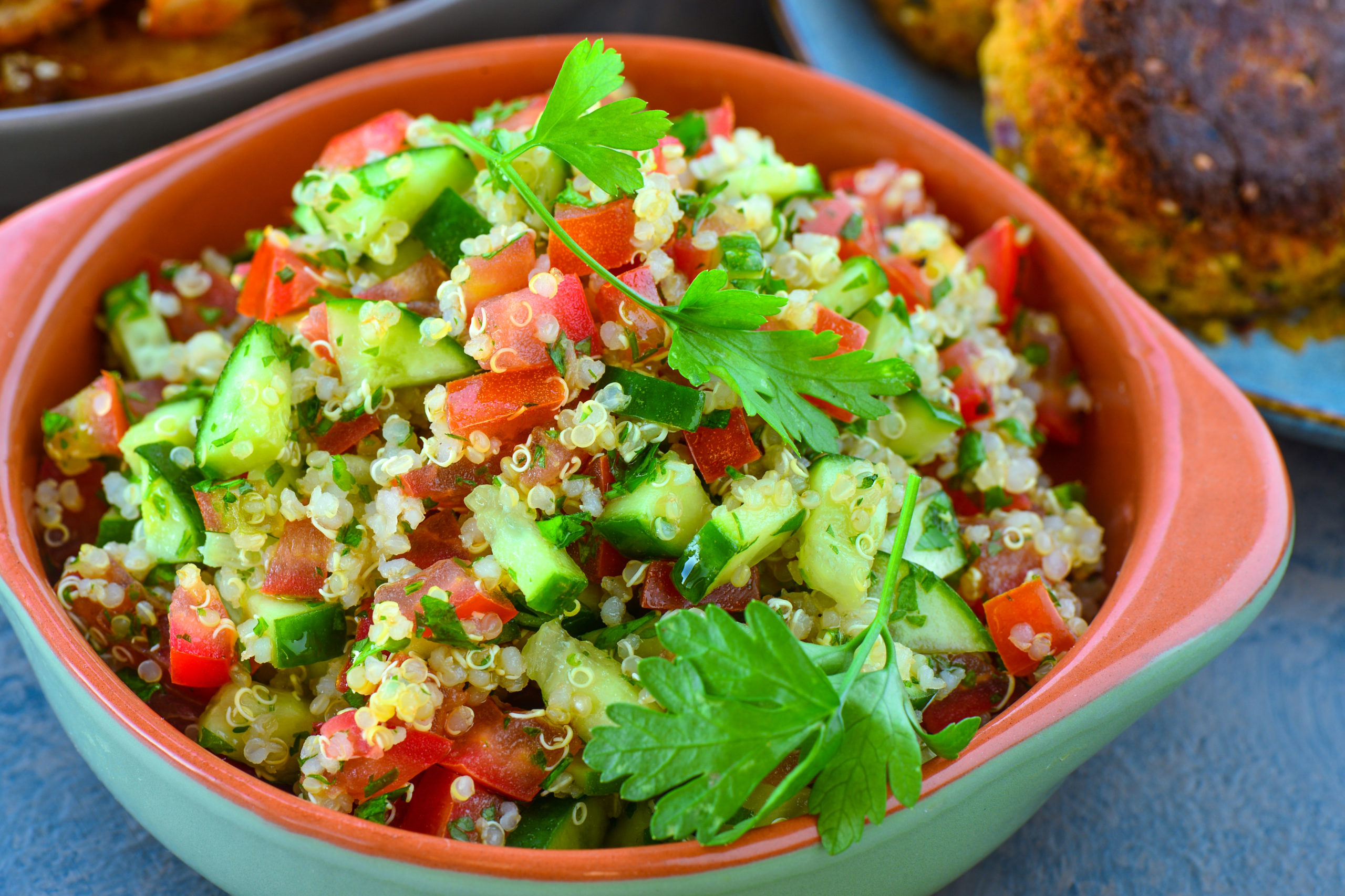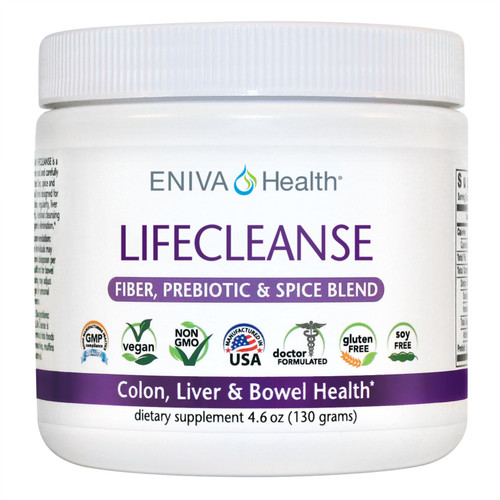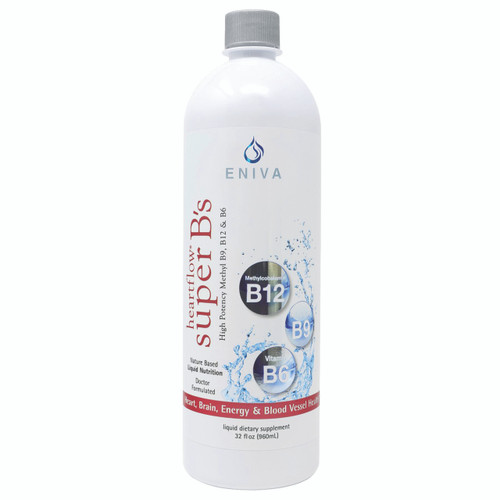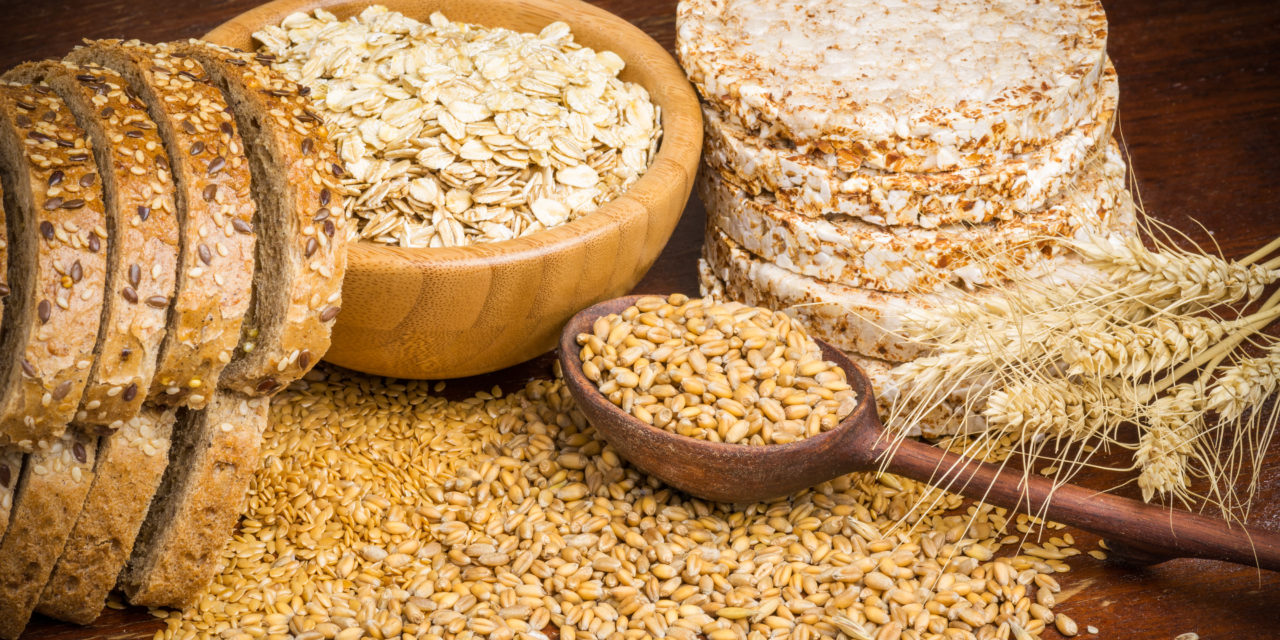Defining Whole Grains
September is National Whole Grains Month! Whole grains have been a staple in the American diet for a long time. Our minds may think back to the infamous food pyramid. Whole grains now cover one-quarter of the USDA’s MyPlate dietary guidelines. They take up such a substantial portion due to their high fiber content, B-vitamins and antioxidants.
There is a big difference, though, between wheat products and whole grain products. However, it is often hard to tell the difference of processed versus whole when walking up and down the grocery aisles.
Even though we hear about the importance of whole grains, Americans still are not getting enough of of this plant food. It doesn’t help that five major health institutions all define whole grain food differently. However by any definition, Americans still come up short when trying to meet set targets. The goal is to reach 3 servings of whole grains per day. Right now, only 11% of adults are meeting this goal. When we think of whole grains, it can be easy to relate it to carbs. Not to fear, there are unique ways to get the grain without adding excess carbs to your diet.

As mentioned, It’s important to realize the difference between wheat and whole wheat. To be considered “whole,” the bran, germ, and endosperm need to have the same proportions it did when it grew in the field – giving you maximum “whole” benefits. It can be overwhelming to attempt to follow different food organizations’ definitions of whole grains. Instead, look at food labels. If the package states something in it is a whole grain, that part of the food is required to have the same proportions as the 3 parts of the kernel which are still present within the finished product. Be aware and know many “multi-grain” options are not “whole.” Opt for choosing the grain option that is higher in fiber, too. Watch out for food items that are “degerminated” or “pearled.” This means the the germ or bran has been removed.
Add More Whole Grains to Your Diet
Whole grains help with digestive health and weight control. People who eat more whole grains typically have better blood sugar, lower blood pressure and a lower risk of developing diabetes and heart failure. Work on picking whole grains that truly sound good to you, so you don’t feel like you are forcing yourself to eat them. Once you find a whole grain that appeals to you, have fun in the kitchen testing out its different uses. Try not to limit a certain grain to one time of day, either. Think outside the box, and ask yourself how you could make a whole grain breakfast cereal part of your dinner for example.
Try these tips to add more whole grains into your diet:
- Add whole grains to snacks – look for whole grain crackers, cereals and popcorn.
- Switch out the white flour in baking recipes to whole wheat or oat flour.
- Save refined grains for dining out, and make an effort to cook whole grains at home.
- Oats can make a great base for smoothies, meatballs and burgers – try it out!
- Try adding grains to your salads.
Fresh Grain Salad
Simple, Easy, Delicious
In a bowl, mix together cooked quinoa, chopped tomato, cucumber cubes, Eniva 3-6-9 Salad Oil, minced garlic, salt & pepper and Cilantro.
Optional add-ins: Lean protein like chicken, shrimp or avocado for a healthy fat option.

More Fiber and B-Vitamins


Eniva LifeCleanse Fiber Complex Powder
- Eniva’s LifeCleanse contains 12 grams of fiber per serving, helping to fill “nutritional gaps” in the diet.
- Colon health*
- Digestive tract detox*
- Liver detox*
- Internal conditioner*
- Helps keep intestinal bacteria healthy*
- Supports blood sugar levels already within in a normal range*
TIP: Remember to increase your water intake when you add extra fiber to your diet. Fiber absorbs water, and it’s important to add water to counteract constipation. With water, the fiber can do its job of cleansing the colon and helping release the excess easily.
CARDIOVASCULAR
• Blood vessel and heart health*
• Healthy homocysteine levels*
• Red blood cell health*
NEUROLOGIC
• Nerve function*
• Brain function*
EMOTIONAL
• Healthy mood*
• Stress management*
At Eniva, we believe each human body was designed to be healthy. It was designed to be energetic, lean, agile, and resilient towards healing. You were created to live an abundant, healthy and vibrant life. Eniva is proud to create and manufacture pure liquid nutraceuticals with no artificial preservatives. Our liquid supplements are natural solutions to help you feel and look your best.




